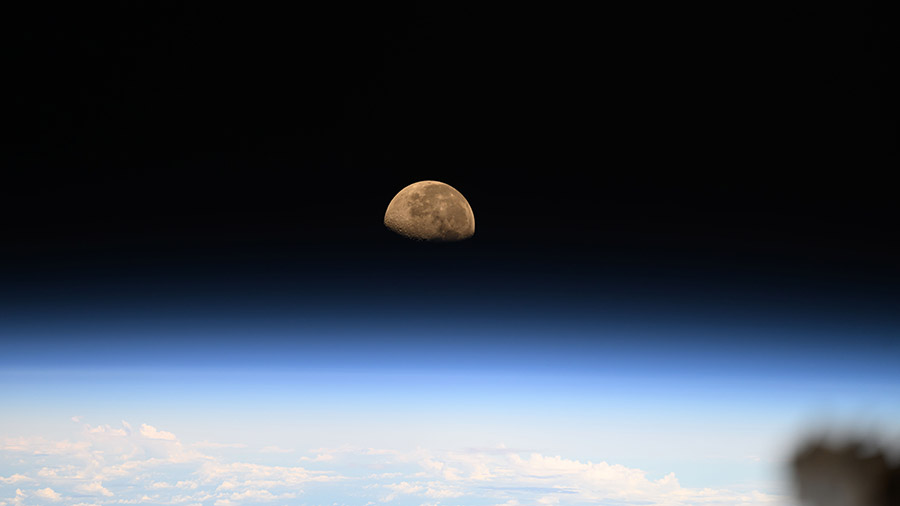
It has been a busy week aboard the International Space Station and Thursday was no exception with ongoing space research, systems maintenance, robotics activities, and an orbital reboost for an upcoming crew mission. The nine lab crewmates have been working together and coordinating closely with mission controllers from around the world ensuring safe and successful mission operations in low-Earth orbit.
NASA Flight Engineers Jeanette Epps and Matthew Dominick returned to space botany on Thursday servicing the Advanced Plant Habitat located in the Kibo laboratory module. The duo replaced a variety of life support components and sensors inside the microgravity greenhouse that supports space-grown plants for both research and consumption.
NASA astronauts Mike Barratt, Butch Wilmore and Suni Williams began their day continuing to configure emergency systems inside the SpaceX Dragon Endeavour spacecraft. Williams also partnered with NASA astronaut Tracy C. Dyson and updated Dragon emergency procedures. Barratt wrapped up his day inside Dragon charging computer tablet batteries and synchronizing the portable computers for satellite coverage. Dragon is due to return to Earth in early October bringing home four SpaceX Crew-8 members.
Wilmore and Dyson then finished the afternoon cleaning the inside of the carbon dioxide removal assembly (CDRA). Wilmore and Williams removed the CDRA from the Tranquility module’s Air Revitalization System (ARS) on Tuesday beginning the weeklong maintenance job. It will be reinstalled in the ARS and reactivated early next week.
Over the past week, robotics controllers on Earth remotely commanded the Canadarm2 robotic arm to remove the science packed NanoRacks Bishop airlock from Tranquility. Bishop was then maneuvered toward the Mobile Transporter where it was temporarily installed for experiment transfers. Canadarm2 then retrieved the ArgUS multi-payload carrier from Bishop and installed it on the Columbus laboratory module’s Bartolomeo external science platform. The newly installed radio frequency research hardware will demonstrate advanced satellite communications to improve aerospace systems on Earth and space. Bishop has been returned to Tranquility where it will be repressurized and opened for crew entry on Friday.
The orbital outpost’s three cosmonauts from Roscosmos also remained busy on Thursday conducting their array of life science, lab upkeep, and robotics checks. Station Commander Oleg Kononenko focused on science, first swapping samples inside the Electromagnetic Levitator, a research device that measures the thermophysical properties of liquid metallic alloys at high temperatures. Next, he attached sensors to himself measuring his heart rate while relaxing. Flight Engineer Nikolai Chub installed and tested a device that measures mass in microgravity then packed trash and discarded gear inside the Progress 88 cargo craft. Flight Engineer Alexander Grebenkin inventoried components that control the European Robotic Arm then uninstalled software that supported a plasma physics study.
The International Space Station is soaring higher this week after the Progress 89 cargo craft, docked to the Zvezda service module’s rear port, fired its thrusters for nearly 18 minutes on Tuesday. The reboost puts the space station at the correct altitude for the arrival of the Soyuz MS-26 crew ship in September. The Soyuz spacecraft, carrying NASA astronaut Don Pettit and Roscosmos cosmonauts Alexey Ovchinin and Ivan Vagner, is due to dock to the station’s Rassvet module just three hours after launching from the Baikonur Cosmodrome in Kazakhstan.
Learn more about station activities by following the space station blog, @space_station and @ISS_Research on X, as well as the ISS Facebook and ISS Instagram accounts.
Get weekly video highlights at: https://roundupreads.jsc.nasa.gov/videoupdate/
Get the latest from NASA delivered every week. Subscribe here: www.nasa.gov/subscribe

